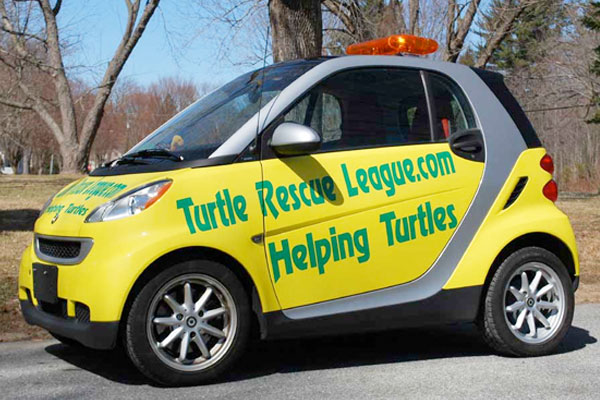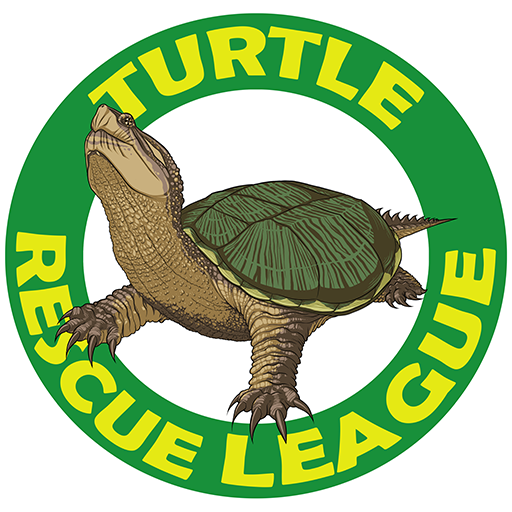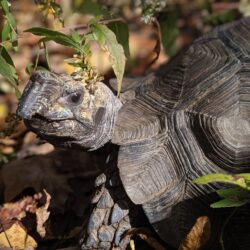Education
Teaching people of all ages and walks of life about turtles that live in their back yard and around the world is one of the most powerful ways to help turtles. Knowing turtles’ needs, and how we can all help, is key to keeping them a part of this world.
We do more than just teach about wild turtles. We also educate pet owners on how to better care for their turtles. Ask about our many programs for adults and children.
Rehabilitation
Injured native species and pets alike deserve a second chance at life. We provide emergency treatment and rehabilitation to turtles struck on roads, bitten by dogs, and more.
We use our resources to ensure that injured or abused turtles get the help that they need. We make them healthy again for possible release (native species), or find them a good home through our adoption programs.
Incubation
Helping starts early with our incubation program. Turtle eggs laid in dangerous areas (such as construction sites) where they may be destroyed, or turtle eggs still inside a mother turtle when she was hit by a car, can still be viable turtles of tomorrow.
Helping delicate, unborn turtles is a task we take very seriously. The death of a mother turtle on the road does not have to end her story. With care, love, and hope we usher forth the next generation of our wonderful turtles.
Conservation
Saving turtles means defending their homes, preserving their ability to live free, and ensuring their path to the future. Throughout their millions of years on this planet, nothing has endangered their continued survival more than humans have.
Turtles cross streets while looking for new homes, finding mates, or laying their eggs. We look for ways to minimize their risk in a world that humans made deadly. Sometimes this means simply getting them safely across the road. We put up turtle crossing signs and wildlife netting in especially deadly areas. Part of conservation is going out on patrols to watch high volume crossing areas.
Hear from our founders
Get help for an injured turtle
An injured turtle released into the wild without medical treatment will struggle to survive, facing risk of infection, dehydration, and predator attacks. ALL INJURED TURTLES NEED MEDICAL TREATMENT, just like a dog, a cat, or a person!
If you’ve found an injured turtle, YOU are their first responder. Follow the steps below:
- Move the turtle out of harm’s way by CONTAINING it in a box. If you do not have a box, put it in any enclosed space available to you. The goal is to prevent an injured turtle from escaping into the wild and preventing it from suffering additional injuries. IF YOU NEED TO LEAVE THE SCENE RIGHT AWAY, TAKE THE TURTLE WITH YOU.
- Pin the location or write down the address where the turtle was found.
- Click HERE to find a clinic that can treat the turtle. Do NOT try to fix the injuries yourself. This will complicate recovery and put the turtle through unnecessary pain.








